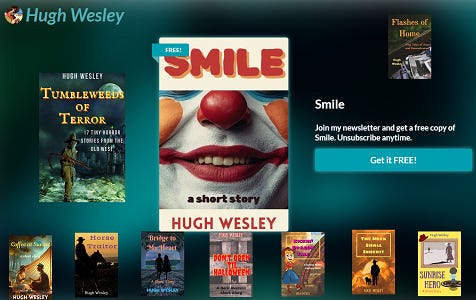The Stanton Drive-In was closing for good. One last night, one last picture show—Kiss Me Deadly, of all things. Poetic, in a tragic kind of way. The place stank of warm root beer, diesel exhaust, and the kind of broken dreams that only show up when the screen goes dark.
I wasn't there for nostalgia, though. I was there because Morty Crane, the projectionist, was a talker. Two days ago, he left me a message: "Eli, I found something. Something big here at the drive-in. Come by after the final show." Even though Morty liked to gab, he didn’t do drama. Not unless Bogart was in it.
So there I was, watching the second reel spin into nothing – no sense missing the last movie –, when the screen hiccupped…then blackness. People groaned and gasped, honked their horns, dumped popcorn in a bolt of surprise.
Me? I slipped out of my car and eased through the crowd toward the back of the place. Glancing over my shoulder to make sure no one was watching, I slid behind the bushes surrounding the projection shack, past the “Authorized Personnel Only” sign that had never stopped anyone determined or drunk or drunk enough.
The booth was quiet. Too quiet. Even dead, Morty should’ve made more noise.
I found him slumped in his chair, a bullet in his head, one eye open like he’d seen the end coming but couldn’t duck fast enough. The safe was cracked open. Empty. But there, under his hand, was a metal reel canister marked simply: “1954”.
It wasn’t part of tonight’s show.
I took it home. Call me sentimental, or just too tired to wait for the local cops to do their job. I threaded the film into my battered projector. It flickered to life on the wall of my kitchen between the peeling wallpaper and the smell of instant coffee.
It was footage from the annual Founders’ Day picnic, ten years back. Big smiles, American flags, bad dancing. Then came the mayor (back when he still had hair) and his assistant, a prim blonde named Joyce, now married to a district judge.
Then the camera jostled. Someone must’ve dropped it. The next few seconds weren’t meant to be filmed.
Behind the bleachers, in the shadows, Joyce and the mayor were pinning down a man. It was hard to tell who started what, but it ended with a tire iron to the head. A figure crumpling to the ground, dead. The film didn’t lie.
I recognized the victim. He was a local reporter named Lenny Ross who had gone missing that year. “Ran off with a dancer,” they said.
I lit a cigarette and leaned back. Morty hadn’t just found an old reel of film. He’d found the truth.
Morty’s death was all over the news the next morning. Sheriff Dunn figured it was suicide. Said Morty had debts, drank too much, talked to his film canisters like they could talk back. Small-town logic. You die weird, and people write you off as a troubled soul, destined for tragedy.
So what do you do when the truth’s on celluloid and everyone who matters wears a badge or sits on the bench?
You make copies.
I sent one to the state police. One to a big city paper. One, just for fun, to the mayor’s wife. And the original?
Well, that I kept.
Not for leverage. Not even for justice.
Just as a reminder that sometimes, the worst crimes don’t happen in the shadows.
Sometimes, they happen in broad daylight, behind a smile, and under bunting.
And, well, a little leverage never hurts, either.






Hugh - "Kiss Me Deadly" reminds me of when Mickey Spillane (or spillguts) was the rage. Writing in Soucth Carolina about the big city with little knowledge or skill, but lots of thrills. Very early Cloris Leachman killed at the beginning and a story that made little sense, but I still enjoyed it.